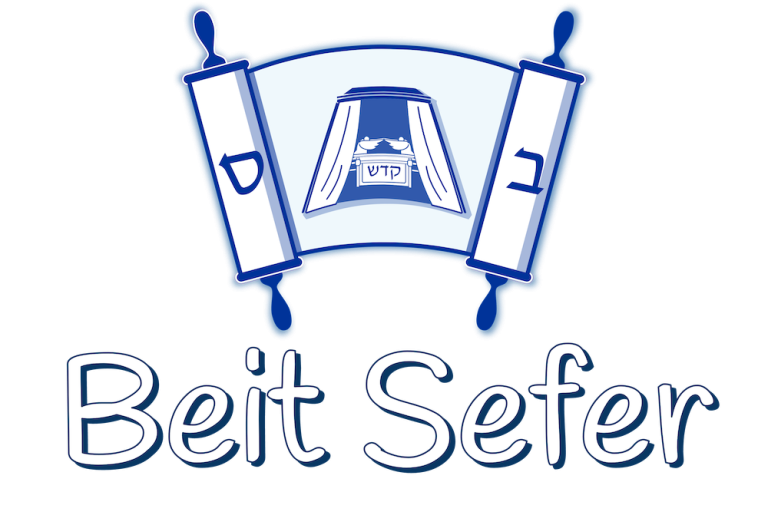Parasha Vayiqra – Year 2 – Offerings and Sacrifices.
Shabbat Shalom, Nazarene family.
This week we will study the parasha Vayiqra, portion of year 2, where we will see the peace offerings and the sin offering, two key types of sacrifices in the Torah. Leviticus 3 details how the Israelites offered peace offerings, expressing gratitude and communion with Yahweh. The sin sacrifice, a rite to atone for sins inadvertently committed, is described. We will learn about the importance of purity and reconciliation with Elohim, showing how the sacrificial system prefigures the perfect sacrifice of Messiah Yeshua in the Brit Chadashah (New Testament).
Vayiqra (Leviticus) 4:25-26
25 The priest shall take some of the blood of the sin offering with his finger, put it on the horns of the altar of burnt offering, and pour its blood at the base of the altar of burnt offering.
26 And he shall burn all its fat on the altar, like the fat of the sacrifice of the peace offering. So the priest shall make atonement for him concerning his sin, and it shall be forgiven him.
This week corresponds to the reading of the texts (in bold):
- Vayiqra (Leviticus) 1:1-2:16 / 3:1-4:26 / 4:27-5:26
- Yirmeyahu (Jeremiah) 7:1-20 / 7:21-34
- Hoshea (Hosea) 8
- Romim (Romans) 6
- Ivrim (Hebrews) 10:1-18 / 10:19-39
Summary of the weekly study, Year two:
Vayiqra (Leviticus) 3:1-4:26
These verses teach us about the importance of reconciliation and communion with Yahweh through two types of sacrifices. The first is the peace offering, which expresses gratitude and seeks to maintain a harmonious relationship with Elohim. The second focuses on the sin sacrifice, necessary to atone for sins committed involuntarily, highlighting the need for purification. These rituals teach us about the seriousness of sin and Yahweh’s provision for reconciliation, anticipating Yeshua’s sacrifice, which fulfills and surpasses these sacrifices today.
Yirmeyahu (Jeremiah) 7:21-34
These verses teach us about the futility of sacrifices without true obedience to Yahweh. Through the prophet Yirmeyahu (Jeremiah), Elohim rebukes the people of Judah for their misplaced trust in rituals, while ignoring justice, mercy and obedience to His word. Yahweh recalls that when He brought Israel out of Egypt, His emphasis was not on sacrifices, but on obedience. The passage teaches us about the consequences of disobedience, including the destruction of the Temple and the land, showing us that without a heart surrendered to Elohim, religious rituals are worthless.
Ivrim (Hebrews) 10:1-18
These verses teach us that the laws of the Torah, with their sacrifices, were only a shadow of what was to come and could not perfect the worshippers. These annual sacrifices reminded of sin, but did not completely eliminate it. Yeshua, in contrast, offered a single perfect sacrifice forever, taking away sins and accomplishing what the Law could not. We learn then that, thanks to the work of Messiah Yeshua, no more sacrifices are needed, since His offering sanctifies and perfects us. The central teaching is that complete forgiveness and communion with Yahweh is achieved only through Yeshua.
–
Enjoy this fun activity with the whole family. Inside you will find development questions for the three weekly sections (Torah, Haftarah and Brit Chadashah). While the older ones discuss the questions and their answers, the younger ones can color the picture related to the teaching, solve a maze, find the 7 differences and much more. We encourage you to do it week by week and instill in your children the habit of studying Yahweh’s word as a family.
We hope you and especially your sons and daughters enjoy this effort. For it is through the study of the Scriptures that we can come to understand the love and care that Yahweh has always had for us. And also to perceive that He has been taking care of even the smallest detail, so that we can take care and enjoy all that He gives us. That is why it is so important that our children learn and grow up knowing that they are loved by the Creator of all that exists.
Shalom.
If you want to know our Nazarene Israel Parashiot calendar, click here.


